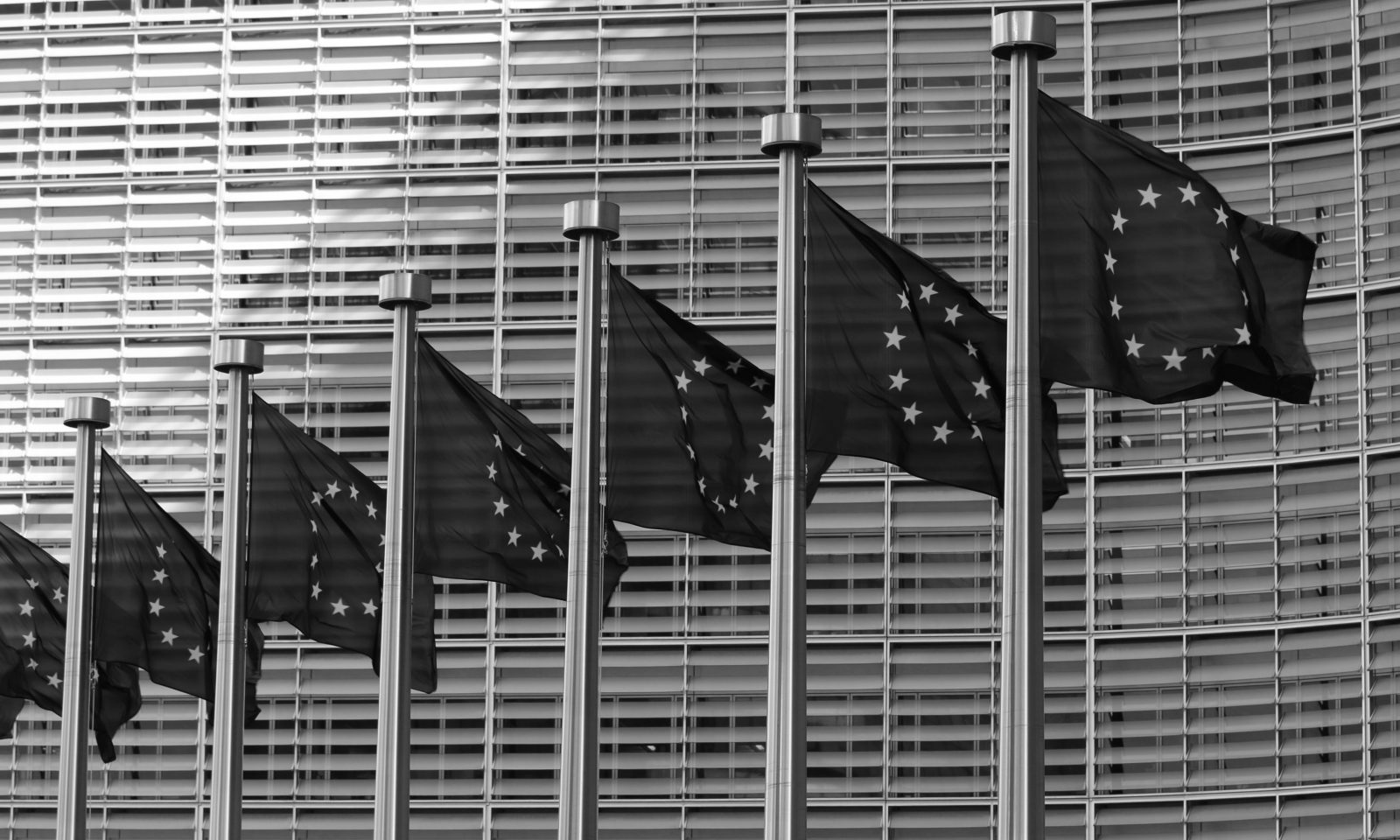Who won Eurovision Best Copyright Reform? How many points did Slovenia get?
In June 2022, Communia launched a competition for the best implementation of the Directive on copyright and related rights in the Digital Single Market (DSM Directive). The “Eurovision DSM contest” aims to track the implementation of the DSM Directive in the 27 EU member states.
Three years have passed since the adoption of the DSM directive. Slovenia is also among the competitors, as at the end of September, with the amendments to the Copyright and Related Rights Act (ZASP-I) and to the Collective Management of Copyright and Related Rights Act (ZKUASP-A), it finally implemented the DSM Directive. With this project, Communia assesses how well countries have implemented the DSM Directive into national legislation and awards points to member states (the maximum possible number of points is 12). Slovenia fared quite poorly and received a total of 6 points. The countries with the most points are Germany and Sweden, which have earned 10 points, on the other hand, 7 countries are still late in implementation.
A lower number of points was awarded to Slovenia due to the problematic process of adopting the legislation, as it went through an urgent legislative procedure. The drafters of the reform justified it as a necessary one due to the sanctions threatened by the EU Commission for the implementation delay, while critics warned that it was a distortion of the democratic process.
It is important to point out the exception for teaching, which was significantly worsened by the implementation of the DSM Directive. Although the DSM Directive gave the legislator the possibility to implement the exception as a free use of the works for this purpose (that is, without compensation), it instead opted for an obligation to pay compensation and the possibility to override the exception in the event that licenses of the publishers are available on the market. According to the exception in the part governing distance education, the use of the work for the purposes of illustration in the lesson is chargeable, but in the event that licenses are available on the market, the exception cannot be used at all.
On the other hand, the bonus point was awarded to Slovenia because of the very good exception for text and data mining, which will empower research and educational institutions, and also because Slovenia finally has a general exception for scientific research, although it could be introduced into the legislation as early as the implementation of the Directive on the harmonization of certain aspects of copyright and related rights in the information society from 2001.
Recordings and presentations from all speakers at the ERA KR21 Conference Slovenia are now available on the subpage “Recordings and PPTs of Presentations by Speakers“.
Open Data and Intellectual Property Institute ODIPI invites you to a discussion organized by the European Commission Representation in Slovenia titled “Democracy in the Grip of Disinformation: What Can the EU Do?”. The event will take place on Friday, December 13, 2024, from 11:00 to 12:30 at the House of the EU in Ljubljana, Slovenia and online.
Open Data and Intellectual Property Institute ODIPI organized the ERA KR21 Conference Slovenia on December 2, 2024, with the support of the Ministry of Higher Education, Science, and Innovation of the Republic of Slovenia and the Knowledge Rights 21 (KR21) program. The Conference focused on addressing the most pressing issues in copyright regulation in the fields of science and Open Science within the European Union (EU), with particular emphasis on barriers and incentives for Open Science in the copyright law. The event represented Slovenia’s contribution to implementing European Research Area (ERA) Policy Agenda Action 2, which focuses on creating a supportive EU legislative framework for copyright and data governance.
On Wednesday, December 4, 2024, the second day of the Global Partnership on Artificial Intelligence (GPAI) Summit 2024 took place at the Palace of Serbia in Belgrade. Dr. Maja Bogataj Jančič participated as a speaker, presenting during the panel titled “AI Regulation – what we learned so far?”.





